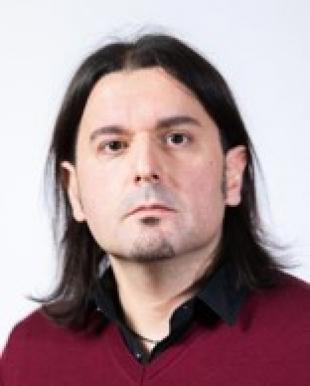Location:
JCMB_1501
Date:
Abstract:
Fuel cell stacks are electrochemical reactors whereby hydrogen reacts with oxygen to produce water and electrical power. Fuel cell systems generally include, among other units, a reformer, where hydrogen is produced from a fuel before it is sent to the stack. While high efficiencies can be reached, e.g. with high temperature solid oxide fuel cell systems, and even though such systems are already available for producing power and heat for commercial and residential buildings there are many challenges to overcome, with several being related to process systems engineering. Among these challenges, the difficulty to develop reliable models for control and optimisation, degradation phenomena, control and optimisation of the efficiency of the system despite load variations and degradation have been receiving growing attention for the past 15 years.
While standard approaches are limited by the lack of accurate models, the speaker and his co-workers have created and developed real-time optimisation methods with the built-in and mathematically proven capacity to optimise the real system despite model inaccuracies, allowing thus the use of tendency models for control and optimisation. In this talk, he will briefly introduce one of these real-time optimisation methods and focus one recent project on optimisation of an ethanol-fed fuel cell system for the recently funded WattAnyWhere company that was performed in collaboration with EPFL.
Speaker:
Dr. Grégory François is professor of control at the HES-SO Valais Wallis that he joined after having spent nearly 5 years as Senior Lecturer at the University of Edinburgh. With a chemical engineering background and a PhD and Habilitation Thesis in process systems engineering, he and his group perform fundamental, methodological and applied multi-disciplinary research in the fields of modelling, control and optimisation of processes and systems. In particular, they focus optimal control theory and practice and real-time optimisation, i.e. optimisation of systems and processes in the presence of plant-model parametric and structural mismatch and operating disturbances. He participated to the foundation and development of two innovative approaches namely « measurement-based optimisation via NCO-tracking » and « real-time optimisation via modifier adaptation », methods that have shown efficacy for dynamic and steady state optimisation problems. The scope of application of these methods has been very large (ranging from kite systems to polymerisation processes) but has recently more focused fuel cells and electrolyser technologies. He is the author of more than 70 journal and conference articles and has been (co-) supervising 10 PhD theses.



